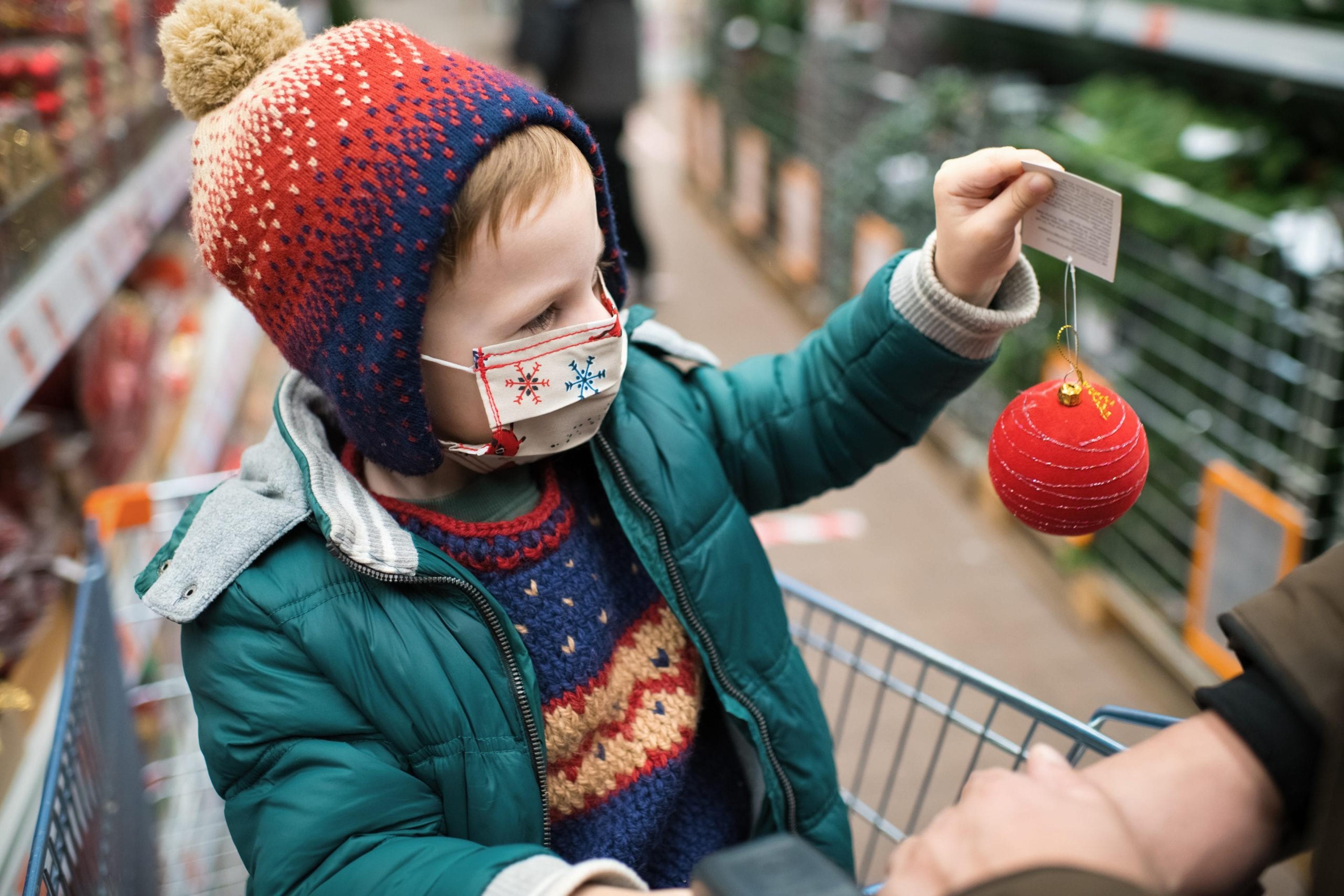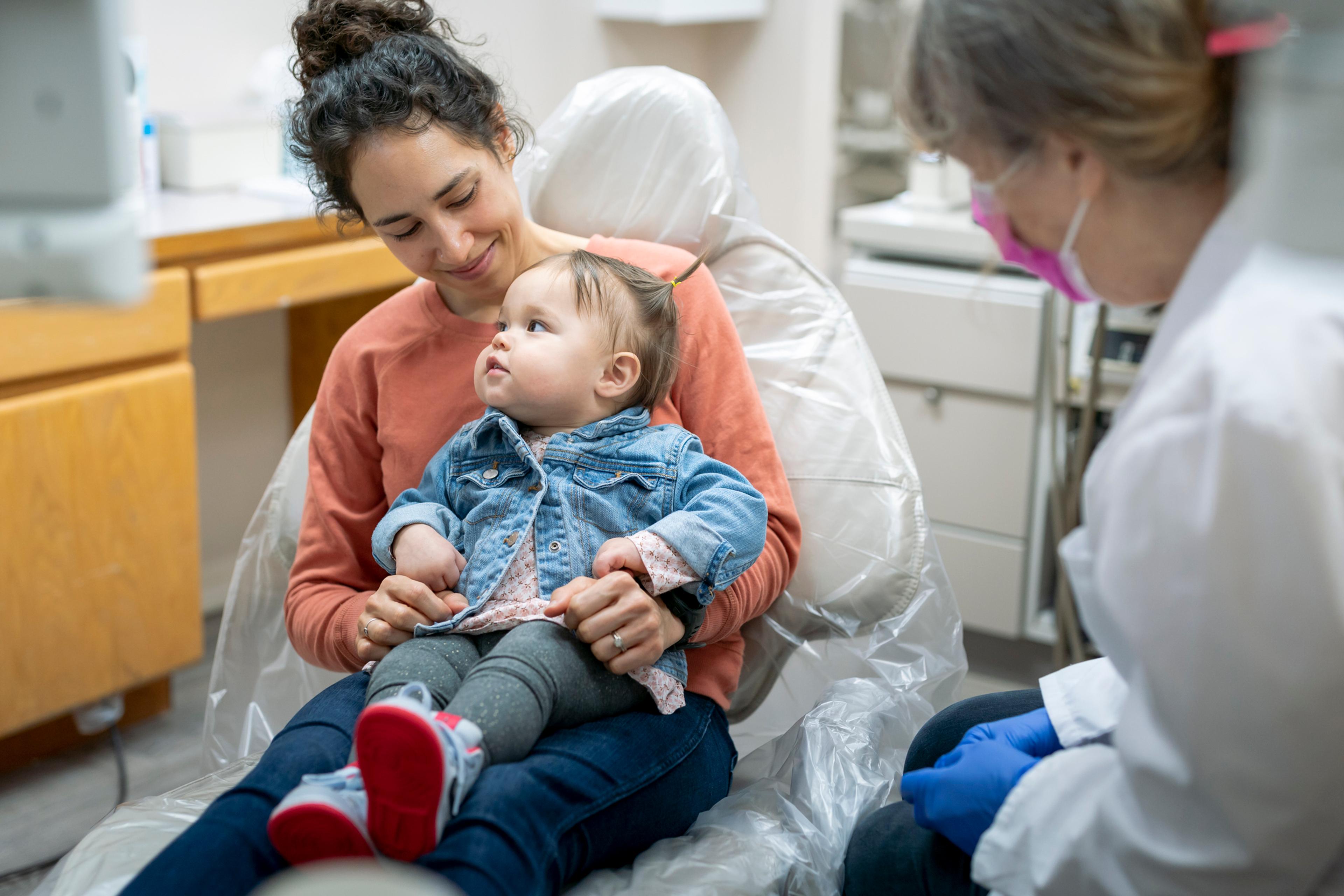How to Prepare Kids for a Different Kind of Holiday
Shandra Martinez
| 3 min read

In most homes this month, holiday decorations will still be set up, and the season’s music will be playing in the background. But the holidays will be different this year for many people as safety precautions tied to the ongoing coronavirus pandemic continue to limit traditional activities.
Families who used to travel to see friends or go to relatives’ homes for parties and holiday dinners might not be doing that this year. If your family has hosted large gatherings in the past, you might be scaling back those plans this year, given that the CDC has said it’s a high-risk activity for spreading COVID-19. Adults and older teens might already understand that the holidays won’t be the same this year, but younger children may have a tough time with this.
Even after living through changes to their school schedules, sports and play dates because of the virus, some kids will be understandably disappointed when they realize the holidays will be different. They may wonder why they can’t visit Santa at the mall or travel to their cousins’ or grandparents’ homes for sleepovers. They may have been looking forward to the big family parties with lots of presents that they are used to and may be sad if those are canceled. Some families may also be feeling a financial pinch this year due to COVD-19 restrictions on their jobs with less money to spend on gifts.
Whatever situation you find yourself in, there are lots of things parents can do to prepare younger children for the changes ahead.
Start the conversation early
The younger kids are, the more time you will want to give them to adjust their expectations. Weeks before a traditional gathering, you can drop into conversations that the holidays will be different because your family is doing its best to keep everyone safe.
If children are disappointed or upset, encourage them to share how they are feeling with you, suggests psychologists at Boston Children’s Hospital. You can tell them you understand their feelings, and that you are not happy about having to change the holiday plans, either. But then shift the conversation and the focus to things you can do to have fun this season. Invite them to help make a family plan and create new traditions for the holidays.
Keep the family connections strong
Just because you won’t be crowded around a holiday table with long-distance relatives this year doesn’t mean you can’t stay connected. Whether it’s by phone or video chat, help your children set aside time to talk to their grandparents, aunts, uncles and other close relatives. Encourage them to ask their older relatives what holidays were like when they were little, so they can understand that traditions do change through the years.
Create new traditions
Find fun things to take the place of traditions put on hold this year. For example, have everyone in your household find their favorite elf or Santa hat and pile into the car for a Christmas Eve drive through your town to check out everyone’s outdoor holiday light displays. Vote for your favorites. Other ideas include:
- Have your children pick a relative or two as holiday pen pals, via email or short notes in the mail.
- Set up video story times with relatives who can read traditional or holiday books to your children.
- Short video chats are great ways to keep young cousins connected – or have a dance party.
Related:
Photo credit: Getty





